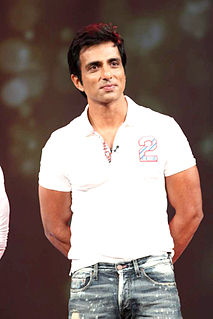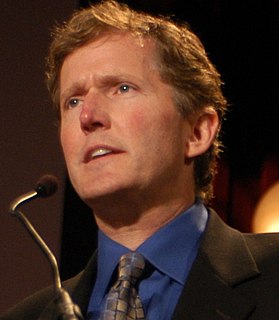A Quote by Sarah Gadon
The way I sometimes approach my work, when I look at a script for the first time, is to identify what the archetypes are and what the writing is trying to do in that context.
Related Quotes
Jung said there are four archetypes adults go through, and these archetypes are reflected in the development of my work. The first archetype is the archetype of the athlete, reflecting the time in our adult life when our primary emphasis is on our body - what it looks like, how beautiful it is, how strong it is, and so on. We identify ourselves with our body. We are our body. Growing adults next move to what Jung called the archetype of the warrior. We take our physical bodies out there to do what warriors do.
The Zen way of calligraphy is to write in the most straightforward, simple way as if you were a beginner, not trying to make something skillful or beautiful, but simply writing with full attention as if you were discovering what you were writing for the first time; then your full nature will be in your writing.
It's not about the script: it's about who the director is and who the other people in the cast are. Because you can look at a great script and execute it in a very sophomoric way, and you can look at an OK script, and you can execute it in a very sophisticated way and come out with something really good.
I always get a headache the first time I watch a movie I'm in. Because you're staring at the screen so hard, your brain is doing all this work trying to put things in context of what the day-to-day experience of making it was. And the timeline that's in your head of when it was made, and on what day, how you felt. And then you're also trying to grasp what it's been edited into.
The ideal time for writing a [television] script is four days, though sometimes it has to be two or three days depending on the deadline. If it's two days, sometimes there are things I see that don't work as well. If I have two weeks, the scripts get kind of flabby and lack the adrenaline that a sense of deadline fills you with.
At first, teaching was more or less a straightforward way of making a living and having access to institutional resources while writing - aka libraries. And that was not inconsiderable. But it didn't in any way touch the writing. Maybe it would push the writing aside sometimes, but mostly it was fine.
Our strategy is very horizontal. We're trying to build a social layer for everything. Basically, we're trying to make it so that every app everywhere can be social, whether it's on the web or mobile or other devices. So inherently, our whole approach has to be a breadth-first approach rather than a depth-first one.



































